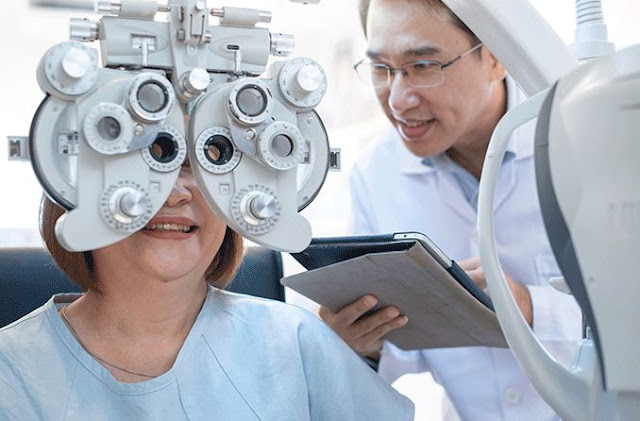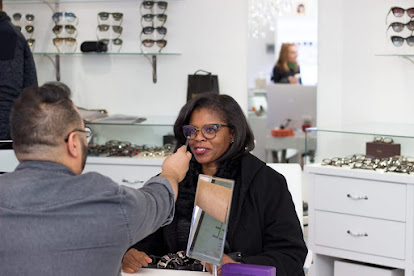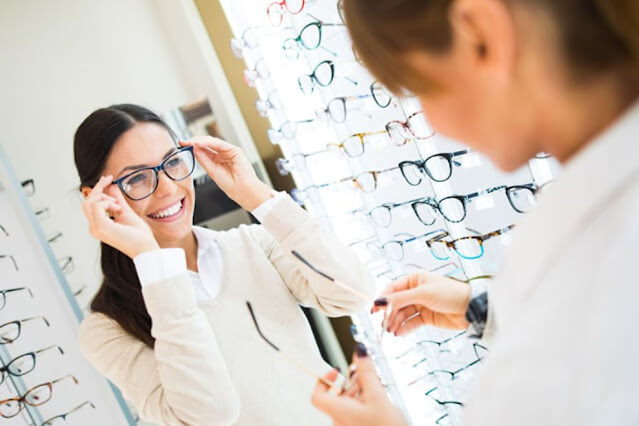Why Should You Get Your Eyes Examination on a Regular Basis?
Everyone, regardless of age, should have a regular eye exam at minimum yearly. So is your eyesight evaluated to see if contacts or eyeglasses are needed, but your eye care professional also looks for red flags of eye disorders and ensures that your eyes are working together, which signals eyesight.
An annual eye exam is the right strategy for adult patients to remain relevant with their prescription needs while also allowing their Eye examination physician to look for just any early symptoms of disease.
Most importantly, in addition to examining your glasses or contacts, the doctor will detect if you have any early indicators of eye disease so that you can avoid problems that could lead to vision loss.
Refractive surgery, contact lenses, or glasses are commonly used to correct this issue. Amblyopia is a condition in which one eye has a higher vision than the other.
If your child shows indicators of learning problems, a first thing you should do is arrange an eye check, as vision is crucial for learning. Because your child's eyesight may be what he believed was typical, he may well not be able to express just what or what he is seeing. Optometrist kids often believe that everybody sees the situation in a hazy image.
By wearing a patch over the better eye, the weaker eye will gradually achieve more stable vision. Your doctor also will examine for "strabismus," a disorder in which your eyes are now out of line and usually crossed, impairing your depth perception and perhaps leading to amblyopia if left untreated.
Because some eye diseases, such as diabetic issues or glaucoma, have no apparent early symptoms of development, it's critical that your eye doctor at www.eyeseeoptique.com check the exterior even inside the eyeball for early diagnosis.




Comments
Post a Comment